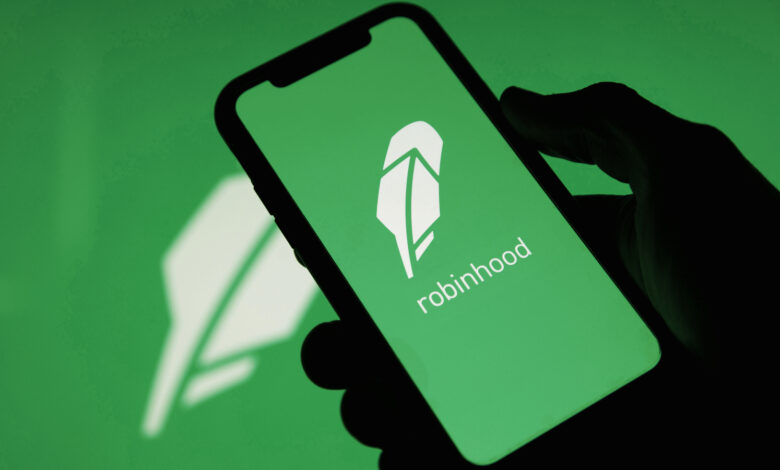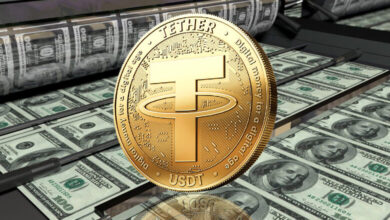Robinhood Plans Blockchain-Powered Platform for EU Users to Trade U.S. Stocks

Robinhood is developing a blockchain-based platform that would enable users in Europe to trade U.S. securities, according to a Bloomberg report citing anonymous sources. The trading app is reportedly in talks with digital asset firms and is considering blockchain networks like Arbitrum and Solana for the project. No final decision has been made on a technology partner or launch timeline, sources said.
This initiative would mark a major step for Robinhood, expanding its European services beyond cryptocurrency trading, which it introduced in the region in 2023. The company recently secured a brokerage license in Lithuania, allowing it to provide stock trading and investment services throughout the European Union.
According to the report, the new infrastructure would tokenize U.S. equities—placing them on a public blockchain and making them accessible to European users. Such a model could offer benefits including faster settlement, lower costs, and greater transparency across the trade lifecycle.
Robinhood’s crypto activity remains a significant part of its business. The company reported $46 billion in crypto trading volume in Q1 2024—a 28% increase year-over-year, although a drop from the prior quarter. April’s crypto volume reached $8 billion, down from the $15 billion monthly average from January to March.
In a move to deepen its presence in the digital asset space, Robinhood also announced plans to acquire crypto exchange Bitstamp. Once finalized, the deal would give Robinhood access to Bitstamp’s MiFID-licensed multilateral trading facility, potentially paving the way for crypto-linked derivatives in Europe.
CEO Vlad Tenev has previously championed tokenized securities. In a February letter to investors, he highlighted the growing appeal of tokenized private company shares in the U.S.
As it explores blockchain integration, Robinhood is positioning itself at the intersection of traditional finance and digital assets—where innovations in tokenization and decentralized infrastructure could redefine cross-border securities trading.





